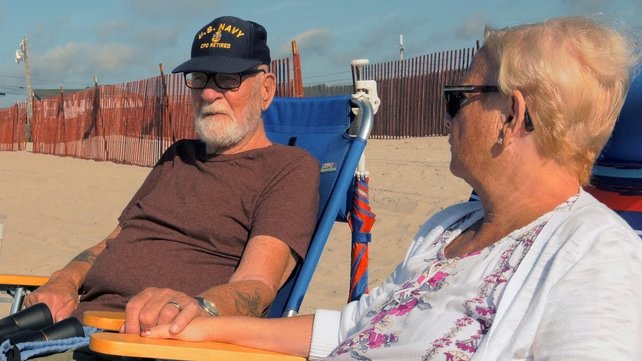Husband and wife take their health to heart
Mary Elizabeth Bruscato knew her husband John had heart issues, but had no idea her breathing problems were due to heart disease. Brown University Health Cardiovascular Institute specialists performed heart valve treatments just days apart to get the husband and wife back to the beachgoing routine they love.

